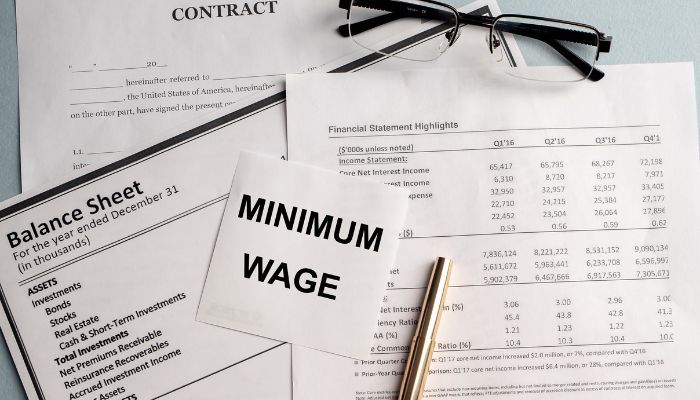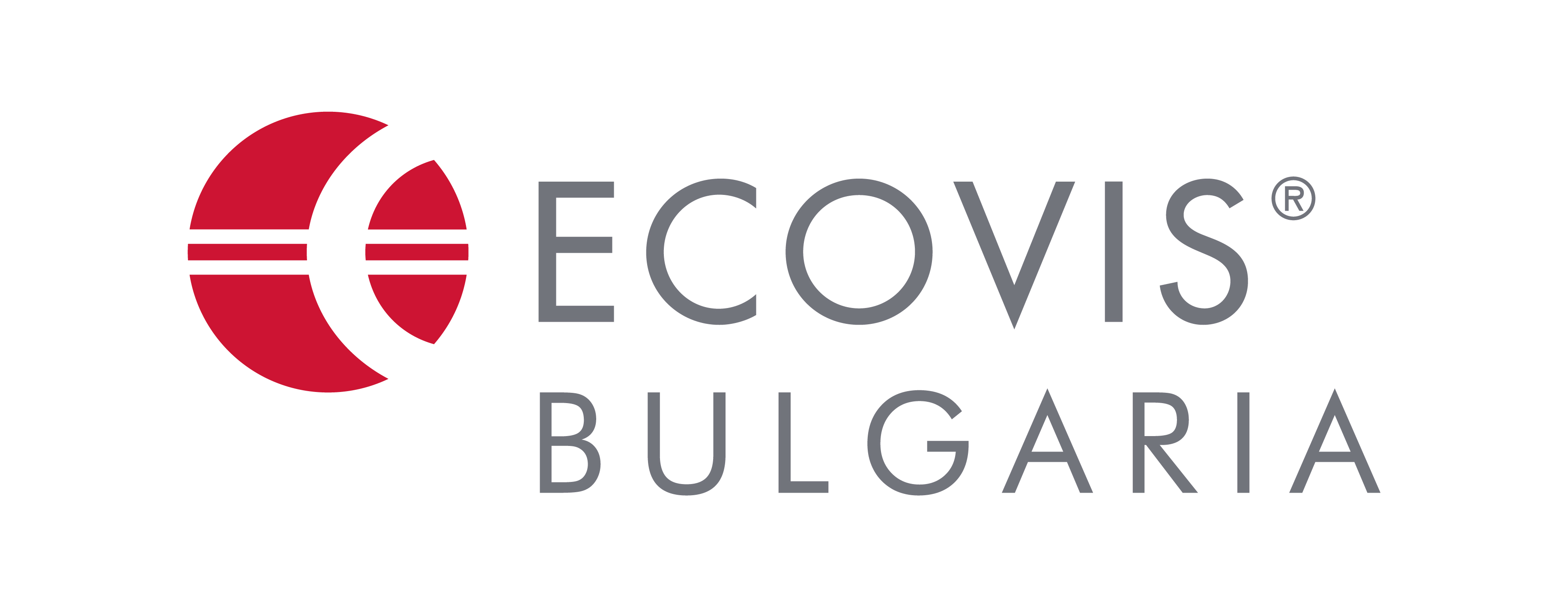
How much is the minimum wage in Bulgaria from 2024? - Ecovis
Ecovis | 25 October 2024
By 2024, Bulgaria will remain one of the EU member states with the lowest minimum wage. The minimum monthly wage in Bulgaria is BGN 933 (approximately EUR 480). In this article by Ecovis Bulgaria we will look at the statistics on how much the minimum wage in Bulgaria is, how it compares to other EU countries and to the USA, and how it relates to the cost of living, politics and GDP in Bulgaria.
What is the minimum wage in Bulgaria - context
Bulgaria has the lowest minimum wage in the European Union, although there has been gradual increase over the last decade. In 2023, the minimum wage is BGN 780 (EUR 398 compared to other EU members), which means that the figure of BGN 933 in 2024 represents significant increase of 19.6 %. Despite this regular increase, Bulgaria still lags behind most of its EU peers in terms of absolute wage levels.
Comparison with other EU countries
Minimum wages vary considerably across Europe. For comparison:
- Luxembourg boasts the highest minimum wage in the EU, which in 2024 is around EUR 2,387 per month.
- In Germany, Europe's largest economy, the minimum wage is approximately EUR 1,620 per month.
- France comes close with a minimum wage of around EUR 1,709 per month.
- Romania, another eastern European country with which Bulgaria is often compared, has a minimum wage of around EUR 745 per month, which puts it ahead of Bulgaria.
Minimum wages in Western European countries, such as France and Germany, are more than three times higher than those in Bulgaria. Even in neighbouring Romania, the minimum wage is still significantly higher. Despite someone’s predictions that we can expect a higher minimum wage of BGN 1,100 from next year, this is still quite far from the European standard and from the wages of people abroad.
Comparison with USA | What is the minimum wage in Bulgaria?
In the United States, the minimum wage varies by state and locality. However, since 2009, the minimum wage has been maintained at USD 7.25 per hour. This equates to about USD 1,256 per month for a full-time worker. Many states have their own higher minimum wages - California's minimum wage is USD 15.50 per hour (about USD 2,480 per month for a full-time job). Even the lowest state-level minimum wages in the USA are significantly higher than those in Bulgaria.

Cost of living in Bulgaria
Although the minimum wage in Bulgaria is among the lowest in the EU, the cost of living in the country is also relatively low, especially when compared to that in Western Europe. For example:
- Rents: The average rental price for a one-bedroom apartment in the capital Sofia ranges between BGN 800 and BGN 1,200 per month, while in the smaller cities rental price varies between BGN 500 and BGN 700.
- Food: Food prices in Bulgaria are more affordable than those in most Western European countries. A loaf of bread costs around BGN 2 and a meal in a cheap restaurant is around BGN 20.
However, the cost of living is increasing due to inflation, which reached over 12 % in 2022. Even though the minimum wage is slowly increasing, it has not always kept pace with inflation, making it difficult for low-paid workers to meet their needs.
Purchasing power and how much is the minimum wage in Bulgaria - mutual relationship
When comparing minimum wages in different countries, purchasing power parity (PPP) gives a better idea of how far wages extend in different countries. Despite Bulgaria's low nominal minimum wage, when adjusted for purchasing power parity, Bulgaria performs better. However, minimum wage workers still find it challenging to cover their basic cost of living, especially in urban areas.

For example, although wages are higher in countries like Germany or France, the cost of living is also much more expensive. However, in Bulgaria, a full-time minimum wage worker spends a disproportionate share of his income on basic necessities, such as housing and food, compared to most Western European countries.
Impact on Bulgaria's GDP
In 2024, Bulgaria's gross domestic product (GDP) per capita is around USD 15,000, which makes it one of the lowest in the EU. This reflects the country's lower productivity and economic development compared to that of the more industrialised and wealthy Western European countries. In contrast, countries with higher minimum wages, such as Germany, France and Luxembourg, have GDP per capita above USD 50,000.
The link between GDP and wages is clear - countries with higher productivity, stronger economies and greater wealth distribution can afford higher minimum wages. Bulgaria, on the other hand, is making progress in economic growth, but structural challenges - such as corruption, income inequality and dependence on low-added-value industries - still hinder rapid wage growth.
Interesting facts and trends
- Minimum wage growth: Ever since Bulgaria joined the EU in 2007, the country's minimum wage has increased by more than 300 %, although it started from a very low base.
- Labour migration: Many Bulgarians choose to work abroad due to the higher wages, especially in countries, such as Germany, Spain and Italy, which has led to labour shortages in key sectors in Bulgaria.
- Risk of poverty: Despite the increased wages, nearly 25 % of Bulgarians are still at risk of poverty, especially those living in depopulated and poorer areas or those earning minimum wage.
- Future forecasts: Bulgarian government is committed to continue raising the minimum wage in the coming years, with the aim of eventually reaching 50 % of the average wage. Will this target be reached? It remains to be seen.

Politics and how much is the minimum wage in Bulgaria
In 2024, Bulgaria is experiencing a number of government changes that have a direct impact on the country's economic policy, including on the minimum wage. The frequent political instability with multiple elections and caretaker governments has contributed to a slower and often contentious decision-making process on wage increases.
One of the key problems is that the minimum wage, which is currently set at BGN 933 (EUR 477), is subject to debate between political parties. Every government tends to propose changes to the wage level, often using it as a tool to attract voters, especially in an environment of inflation that reduces purchasing power. For example, in 2024, the government approved increase in the minimum wage of nearly 20%.
Criticism of governance
This increase, however, has come under criticism from both business and some political factions, who argue that the steady rise in wages puts pressure on employers, especially in poorer regions.
In addition, changes in the leadership have delayed long-term economic development planning, making it more difficult to stabilise inflation and to ensure sustainable wage growth. Businesses have expressed concern about rising labour costs, which they fear could lead to job cuts and reduced investment, further complicating the political environment.
Frequent government changes make it difficult to implement consistent policies and this unpredictability contributes to the ongoing debate on whether the minimum wage should be more closely linked to inflation or to average wage growth. As a result, the minimum wage remains a topical issue, closely linked to the policy changes and economic uncertainty.
 Make an inquiry
Make an inquiry